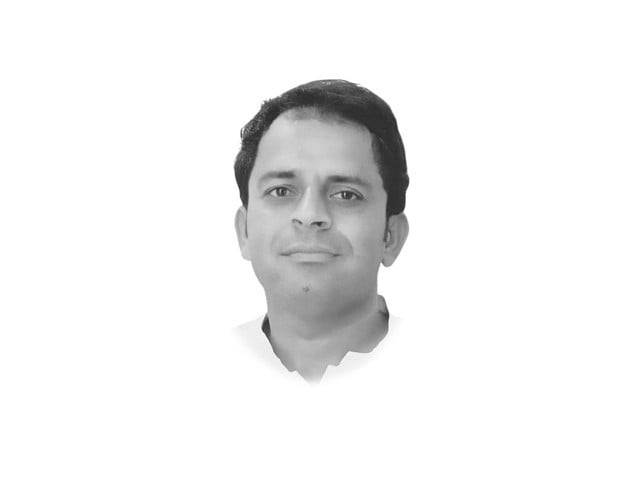Selling souls to the powerful
Silence in the face of oppression perpetuates injustice. Identifying complicity is crucial for change.

Literally, an absence of voice defines silence. However, this absence of voice rarely suggests a lack of implied meaning or messages. Silence, at times, can be more eloquent than words. As the absence of evidence is often no evidence of absence, the same is true for voice. Extensive literature highlights the imaginative, therapeutic, mystical and cognitive significance of silence. More than just an acoustic void, silence is often considered analogous to the natural world, a bridge to wisdom and truth, and the voice of sagacity and the divine.
Of all personifications, those linked to injustice are particularly significant in modern societies. In other words, loaded, reluctant and strategic silence in the face of oppression - both direct and systematic - carries immense meaning in identifying the characters, beneficiaries and victims of injustice. Examining the silence of oppressors, abettors, spectators and the oppressed can help one understand the dynamics of injustice and find one's place within the continuum of oppression that spans the globe.
The brute force has long been used to lord over and oppress populations. Today, many a regime suppresses political dissent, oppresses numerical minorities and battles their people or those of others. These acts of aggression often involve oppressors and their abettors directly undermining social justice.
Individuals infested with megalomania, a god-complex or materialism cultivate stakes by hook or by crook. However, as their vested interests infringe upon the collective good, their legitimacy is increasingly questioned. This scrutiny instills a sense of insecurity among the powerful, who attempt to conceal their vulnerability by exerting brute force against their subjects. Initially, authoritative-cum-oppressors issue verbal threats but retreat into silence when they find no justification for the oppression. This silence of the powerful perpetuates barbarism.
Additionally, they co-opt beneficiaries or potential threats by offering them positions of power or wealth, turning them into abettors. These abettors, though with lesser stakes, directly add to the aggression. Subsequently, the abettors retreat into silence, thereby undermining potential resistance and entrenching the oppressor's grip on power.
The silence of spectators and the oppressed has also been significant in perpetuating such destructive cycles. The two share commonalities in that both are caused by the dread of added harm. However, spectators' silence is a proactive but desperate strategy to safeguard themselves from potential damage. The silence of the oppressed can be attributed to three reasons: first, systematic or premeditated ignorance of their socio-economic and political rights; the fear of barbarity that resistance could invite; a strategic or reflective silence, characterised by grudges and rage or an effort to buy time for an effective response. None of these reasons, however, can justify silence in the face of atrocity. The silence of the aggrieved, regardless of its origin or nature, reinforces the illusion of power and confidence of the aggressors. Although aggressors and abettors may eventually receive the wages of their sin, the silence of spectators and the oppressed perpetuates sufferings.
In unjust societies like ours, the silence of the quad is criminal. The perpetrators and abettors are guilty of unleashing brutality, while the spectators and oppressed are culpable for their silence. In the battle between good and evil, one must take a side, as there is no neutral ground.
While words can be a powerful tool, not all speech is resilient. Misinformed narratives and empty rhetoric drown out meaningful voices. Therefore, the oppressed must avoid perpetuating aggression through silence or echoing the oppressors' narratives. For that, it is crucial to identify one's place within the spectrum of oppression, confront one's complicity and contribute to building an inclusive society by standing on the right side of history.
And, although a more fitting title of the piece might have been 'Silence and Injustice', the chosen title identifies the abetment of mainstream media, clergy, pseudo-intellectuals, liberals, judiciary and civil-military bureaucracy in the ongoing oppression in Pakistan.















COMMENTS
Comments are moderated and generally will be posted if they are on-topic and not abusive.
For more information, please see our Comments FAQ